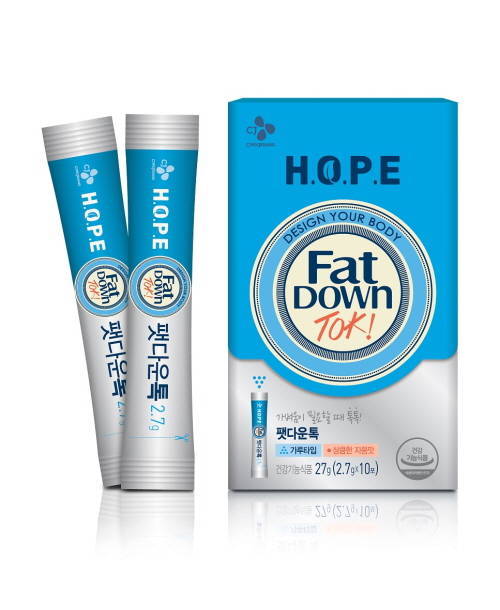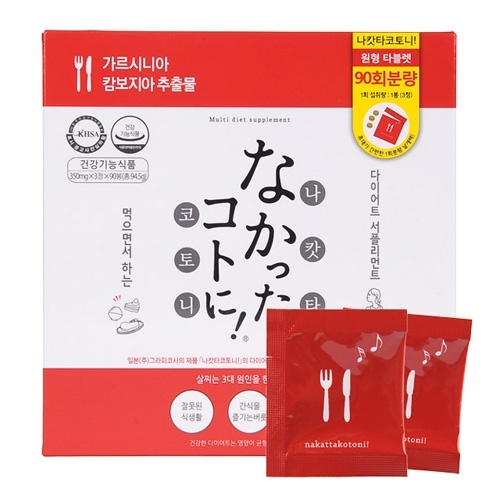[Weekender] How effective are weight-loss products?
By Kim Bo-gyungPublished : March 16, 2018 - 17:18
Anywhere you go either online or offline, it is easy to spot advertisements for diet supplements, spewing out enticing catchphrases that with their products, one can lose their weight in a short period time.
They range from subway ads of oriental medicine clinics that prescribe weight-loss herbal medicines to diet supplement ads on social media.
“I have tried just about every diet pill and slimming cream available while working as a model. When I first took my herbal medicine appetite suppressant, I lost 5 kilograms in a week. But it also completely destroyed my body and metabolism,” said Jenny Park, 30, a designer at a fashion startup.
“I couldn’t sleep at night because of heart pounding, not to mention experiencing menstrual irregularity for about three months.”
They range from subway ads of oriental medicine clinics that prescribe weight-loss herbal medicines to diet supplement ads on social media.
“I have tried just about every diet pill and slimming cream available while working as a model. When I first took my herbal medicine appetite suppressant, I lost 5 kilograms in a week. But it also completely destroyed my body and metabolism,” said Jenny Park, 30, a designer at a fashion startup.
“I couldn’t sleep at night because of heart pounding, not to mention experiencing menstrual irregularity for about three months.”

While companies and clinics promote such products facilitating on the desperation to lose weight, experts note that the most effective -- if not only -- way to lose weight is clear and simple: move more and eat less.
“Patients who ask for prescriptions for appetite suppressants and other weight-loss drugs are told they are secondary measures designed to treat obesity. So the drugs aren’t recommended to those in the normal-to-overweight range,“ said Choi Min-hwan, a doctor who runs a small private hospital in northern Seoul.
“Exercising at least three times a week and sticking to a low-fat, high-protein meal plan is the golden rule.”
Earlier this week, six home shopping networks -- GS Shop, NS Home Shopping, Hyundai Home Shopping, Home & Shopping, Lotte Home Shopping and CJ O Shopping -- were slapped with legal sanctions by the Korea Communications Standards Commission due to misleading advertisements for weight-loss products.
Hyundai Home Shopping was warned for failing to notify customers that cardiovascular exercise is needed in combination with wearable device LumiDiet to lose weight.
LumiDiet uses light-emitting diodes to purportedly reduce body fat, Double H explained on its website.
The device comes with a high price tag of between 400,000 won ($375) and 600,000 won.
The GS Shop network was also cited for advertising smoothies as functional foods to help with slimming.
The Korea Food and Drug Administration currently categorizes products that claim to reduce body fat as functional foods.
“There is no separate category or approval standard for weight-loss products. Supplements categorized ‘functional foods’ help lose body fat, not weight,” said a spokesperson for the Korea Food and Drug Administration.

For example, Japan’s top-selling calorie-cutter Nakattakotonoi and CJ’s power-type Fat Down Tok had been approved as functional foods by the KFDA due to Garcinia Cambogia, which helps prevent carbohydrates from turning to fat.
The value of Korea‘s growing diet supplement market was estimated at 3.2 trillion won in 2012, according to Korean food manufacturer Pulmuone.
Consequences consumers may have to deal with for taking diet supplements, however, seem to outweigh the benefits, if any.
The number of diet product-related complaints totaled over 3,000 cases between 2014 and 2016, the Korea Consumer Agency said.
By Kim Bo-gyung (lisakim425@heraldcorp.com)






![[KH Explains] How should Korea adjust its trade defenses against Chinese EVs?](http://res.heraldm.com/phpwas/restmb_idxmake.php?idx=644&simg=/content/image/2024/04/15/20240415050562_0.jpg&u=20240415144419)











![[Today’s K-pop] Stray Kids to return soon: report](http://res.heraldm.com/phpwas/restmb_idxmake.php?idx=642&simg=/content/image/2024/04/16/20240416050713_0.jpg&u=)